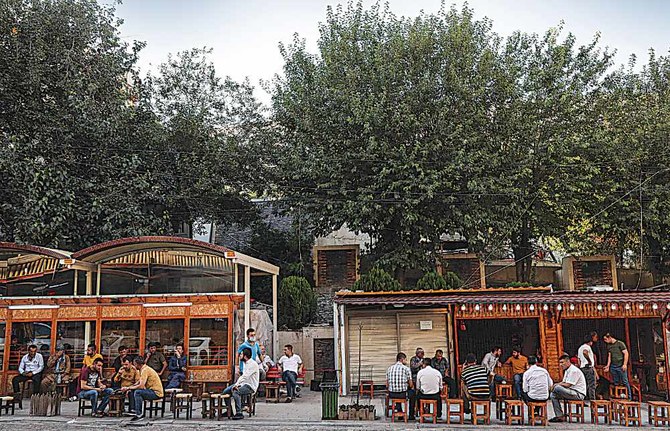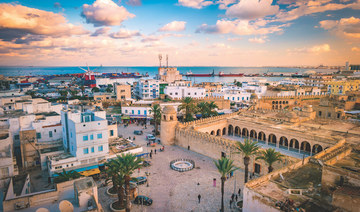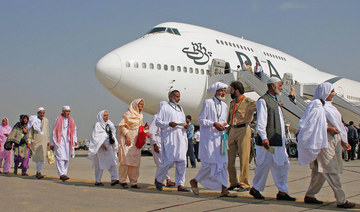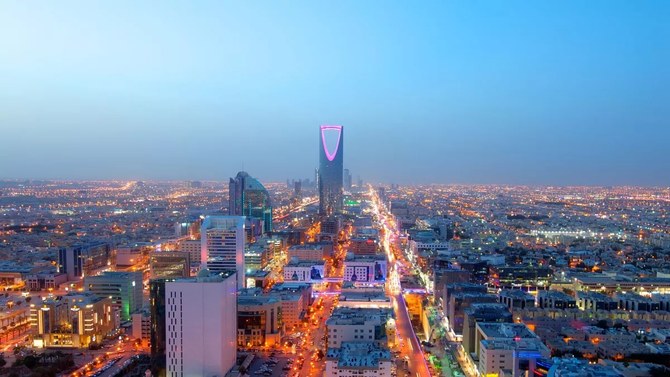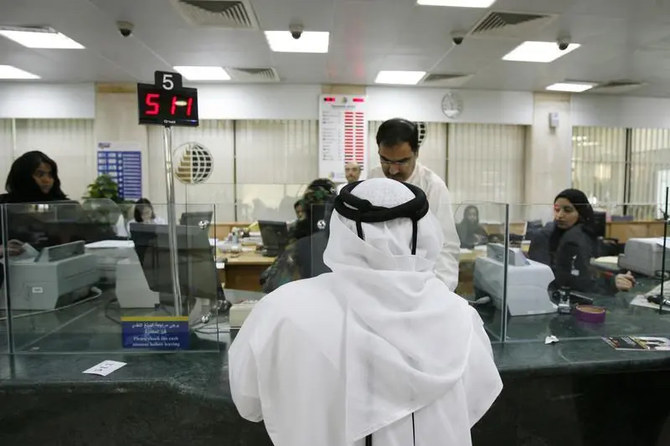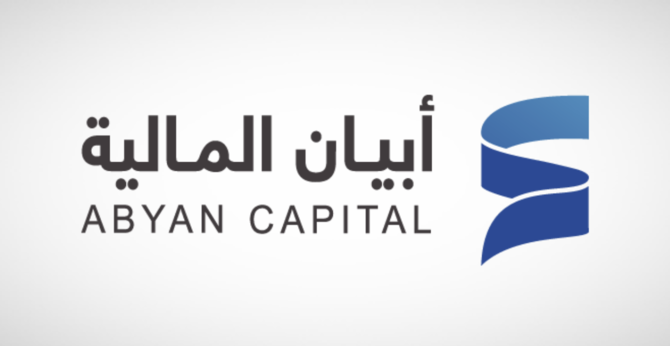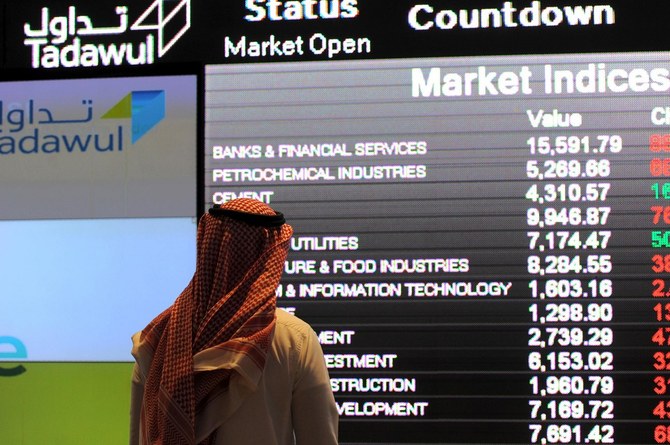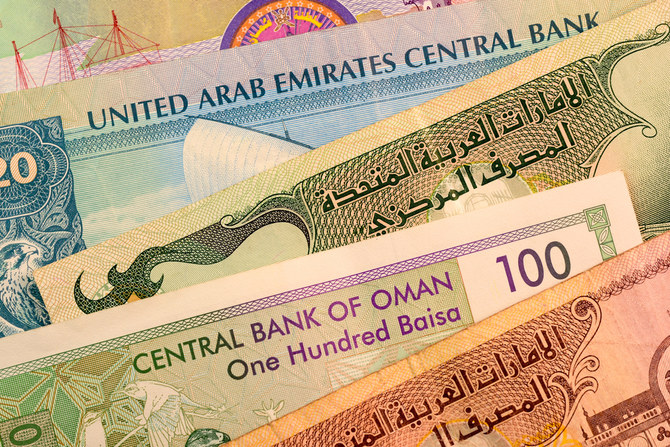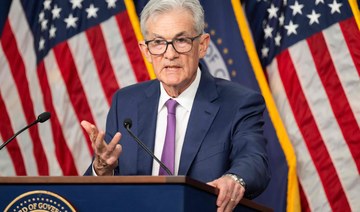AL-AHMADIYA, Iraq: In a normal year, Ahmed Hazem’s mountainside restaurant would be teeming with tourists. But a nationwide curfew aimed at combating the coronavirus has starved Iraq’s Kurdish region of visitors.
“Everything is empty. With the roads cut, not a single tourist can even get here,” said Hazem, whose restaurant is a collection of red tables and chairs on terraces cut out of the mountainside.
The tables now stand empty in the early summer sun among the babbling rivulets of spring water that normally draw the tourists.
The nearby town of Al-Amadiyah lies in a mountainous district of the autonomous Kurdish region’s Dohuk province, which borders Turkey and Syria. This would normally be high season, with families escaping the heat of the plains to enjoy the milder weather of the northern mountains. They rent chalets or small apartments, dip into natural lakes and streams and flock to restaurants or hold their own barbecues at campsites and picnic spots.
Last year, about 200,000 tourists visited Al-Amadiyah alone, the town’s tourist chief Nazif Mohammed Ali said. But this year “no one came,” Ali lamented.
In mid-March, as the tourist season was getting under way up in Iraqi Kurdistan, the region’s three provinces announced a strict lockdown to prevent the spread of the coronavirus. One of them, Sulaimaniyah, had registered Iraq’s first coronavirus-linked death just weeks before.
Border crossings with Syria, Turkey and Iran were sealed off. Hotels and restaurants shuttered their doors and people were instructed to avoid gatherings.
The rest of Iraq soon followed suit, meaning the expected 1.7 million visitors — most of them Iraqis from the south but also including some foreign tourists — did not show up. The shutdown brought the private sector to its knees across Iraq, but the Kurdish region’s tourist sector has been particularly hard hit.
The Kurdistan Region’s Restaurant and Hotel Owners League counts 868 hotels and other lodgings that employ 8,500 people. “Their occupancy rate is zero,” the league has said. Even when restaurants do reopen, “they will only be half full” if routes from the south are still closed to would-be visitors, predicted the league’s deputy head Shaker Aziz.
The coronavirus figures have since steadily crept up with confirmed infections topping 37,000 and 1,400 deaths.
Over the past two decades, Kurdistan’s economy had been heavily reliant on the oil and gas sector, which has driven the region’s development. Authorities have been trying to diversify but the collapse of world oil prices has dealt a heavy blow.
The tourism sector formed a key part of the diversification plans, injecting about $1.5 billion into the Kurdish economy last year, said Nader Rusti, spokesman for the region’s tourism office.
The loss of most if not all of that spending comes on top of a deepening fiscal crisis that has left the public sector reeling. The regional government has failed to pay public sector workers for several months, sparking protests in cities across Kurdistan.
It also owes months of payments to international companies extracting oil and gas from the region. And it will have to cut production by 23 percent to comply with an agreement hashed out by members of the OPEC oil cartel in April to reduce excess supply to the market in a bid to shore up prices.
The region’s prime minister, Masrour Barzani, recently announced that his government was $27 billion in debt, after it was forced to take out more loans to honor its immediate obligations.
It had hoped for some economic relief from talks with the federal government over longstanding budget and oil issues.
But Baghdad is facing a similar fiscal crisis as a result of the sharp fall in oil revenues and the collapse of religious tourism, the second-largest contributor to Iraq’s economy.
So for Hazem and other stricken restaurateurs and hoteliers across the Kurdish mountains, there is no prospect of state help, as the two governments struggle to keep afloat.



